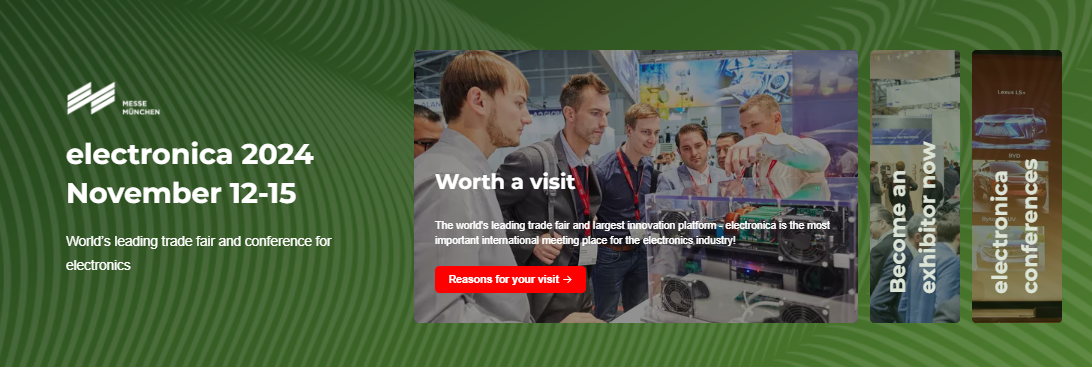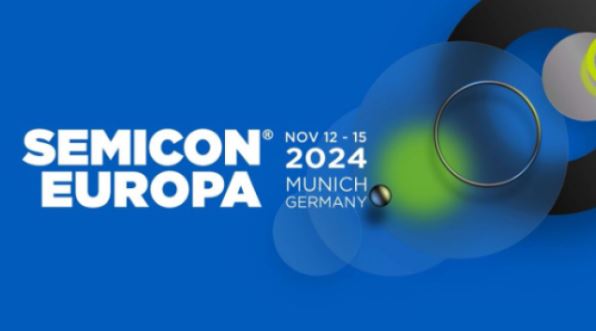
Xpylon News
Get the latest updates and announcements directly from the Xpylon platform. Stay informed about new features, platform developments, user stories, and important changes that enhance your experience with Xpylon.
EICMA 2024
Milan, Rho-Fiera
The International Two-Wheeler Exhibition, at the world level, is the most important trade fair event for the entire 2-wheel sector and represents the marketing tool of ANCMA, the Confindustria Industrial Association of which the most prestigious companies in the industry.

The CRF1100L Africa Twin and CRF1100L Africa Twin Adventure Sports both receive new looks - EICMA
The most popular adventure machine on the market receives new colour updates for 2023. The basic version, Honda CRF1100L Africa Twin, lighter and suitable for off-road ridings, will be offered in the new Glint Wave Blue Metallic Tricolour, characterized by a new blue headlight cowl, and blue front fender and tail sections with red and […]
Electronica 2024

Munich, Germany
This leading trade fair showcases the entire electronics industry, featuring over 2,800 exhibitors and expecting around 70,000 visitors. The event highlights innovations across various sectors, including semiconductors, components, and smart energy solutions, with a focus on paving the way for an "All Electric Society."
Space Tech Expo Europe 2024

Bremen, Germany
This premier B2B event gathers over 8,000 attendees, 700 exhibitors, and 150 speakers from the space industry, providing opportunities for networking, learning about industry advancements, and exploring new technologies. The expo features tailored conference sessions and B2B matchmaking to facilitate connections among industry professionals.
SEMICON Europa 2024

Munich, Germany
The event focuses on advancing the semiconductor industry, with a spotlight on electronics manufacturing, materials, and innovation for applications in areas like automotive, energy, and IoT.
Formnext Frankfurt 2024

Frankfurt, Germany
Formnext, held in Frankfurt, focuses on additive manufacturing and industrial 3D printing. It brings together experts to explore innovative production solutions across various industries, including aerospace, automotive, and medical. The event offers exhibitions, conferences, and networking opportunities aimed at advancing modern manufacturing technology.
